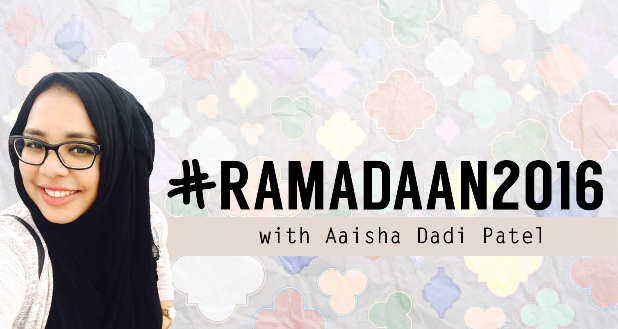Day 16: On understanding protest
When I was in third year, I sat in in a lecture where we debated the semantics of service delivery protests. While many of us growled some of the usual responses to protests in this country – “Why are people disruptive like this, it’s so uncouth, who is going to pay for the damages, why must they block traffic” – my lecturer posed a question to us: how desperate do you have to be that you will set fire to the only things you have, to gain attention to your issues?
And that changed my whole frame of mind.
We saw this happening in the beginnings of the #FeesMustFall protests last year, when mainstream media gazes immediately cast protesting black students as violent, and white students stuck in their cars within the university as victims, thus ignoring not only the fact that the protestors were peaceful and that incidents of violence occurred only on the part of frustrated dissenters, but also the powerful ideological message being sent out: how does a few hours of being locked in the university compare to a lifetime of systemic exclusion, in this case particularly from education, solely because of your race and socioeconomic status? I wrote this at the time .
#FeesMustFall and how it showcased Indian South African privilege
So when I saw the news on Tuesday about the unrest in the capital city of Tshwane, it was not something I could immediately be angry and dismissive about. It was not something I could immediately look at and say, “There are other ways that they can make themselves heard.” The events unfolding have to deal with people being upset about a decision that will affect their lives, and only they know how. And it’s not my place to tell them about ways that they can or cannot react to that decision.
View over Attridgeville now #TshwaneUnrest – many roads closed. Situation very tense. #EWNchopper pic.twitter.com/huFvw8txvk
— Aki Anastasiou (@AkiAnastasiou) June 21, 2016
It’s unfortunate that we continue to antagonise black anger the way that we do. As much as I would never defend civilians becoming collateral damage; so long as I do not know the exact in and outs of the situation, I can’t say what my stance is. But that is just it: it’s not my place to have a stance, because this isn’t my struggle. It’s my responsibility to say, okay, there are issues, what are the issues, and how can I be a part in resolving that, instead of just being angry at one surface-level thing?
Black people have been disenfranchised for the longest time in this country. It’s about time that we respect them, show some compassion and give them platforms, instead of consistently making them out to be savage bad guys. We need to do better because too often we prove that we are far from the compassionate nation that we think we are.
This is a special Ramadaan series by our fave Muslim reporter, Aaisha Dadi Patel. For Day 15’s musings, click here.









